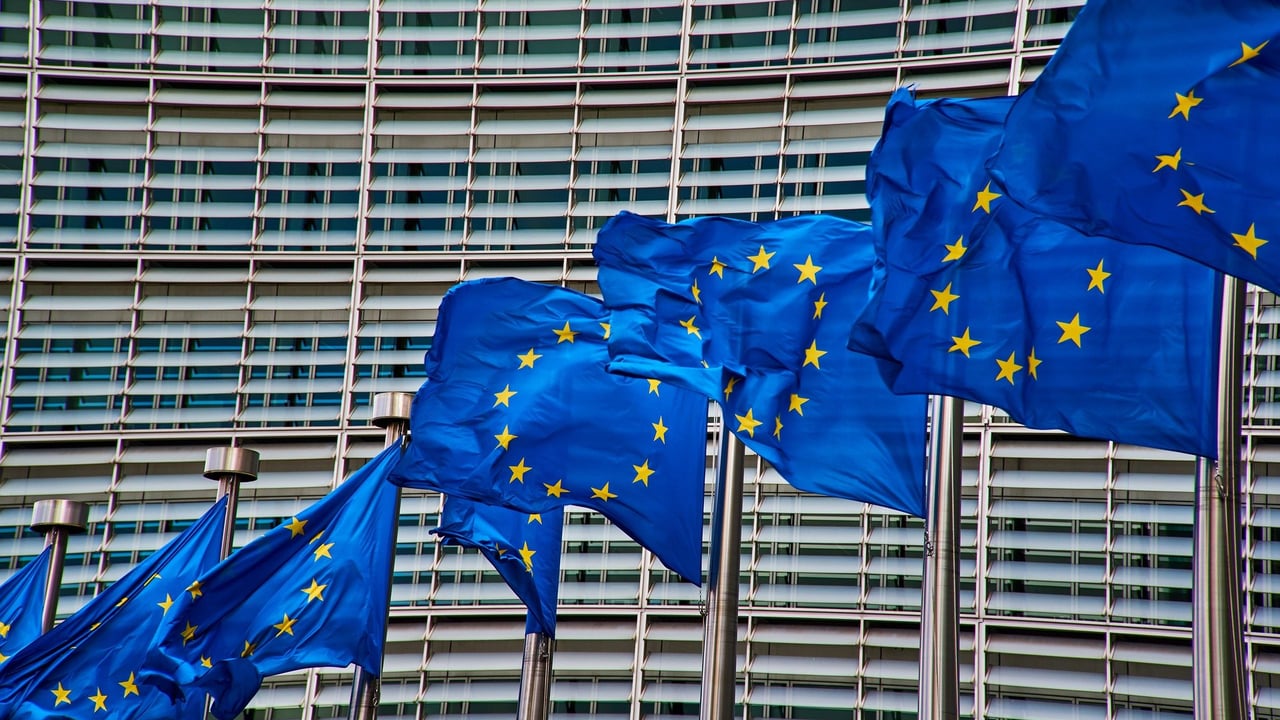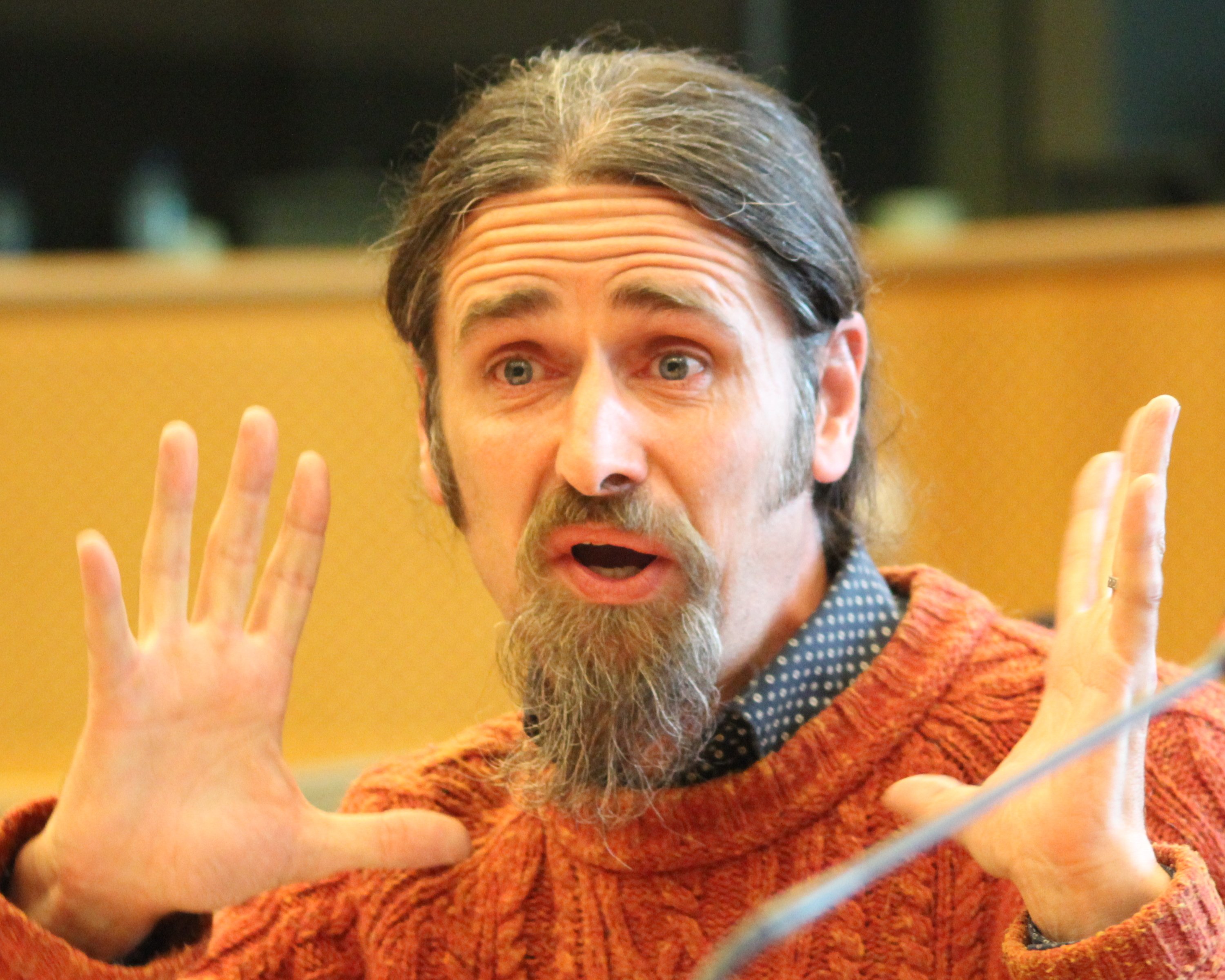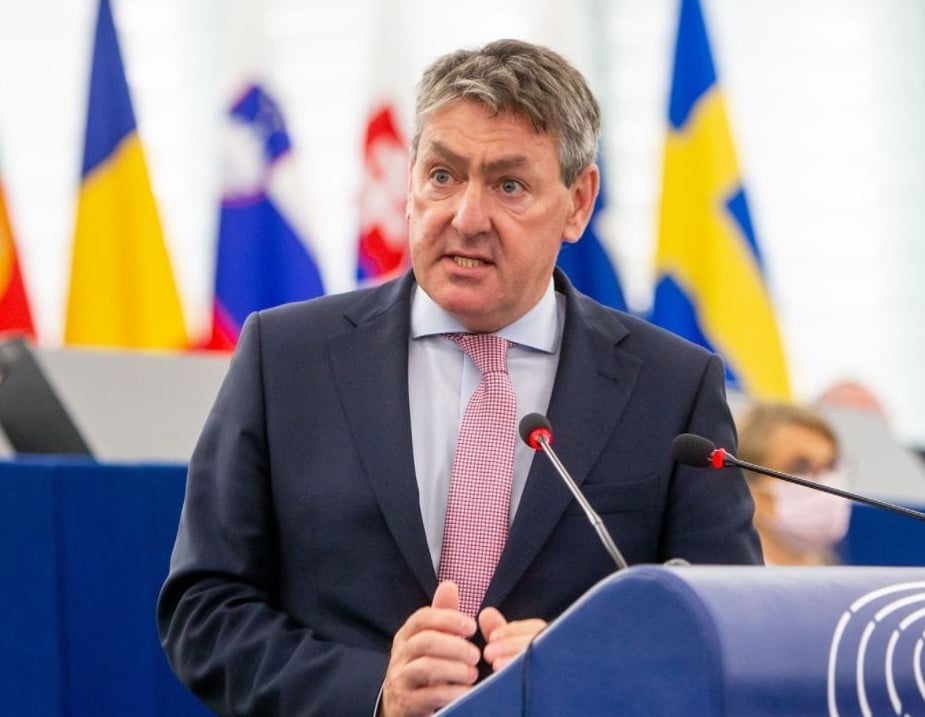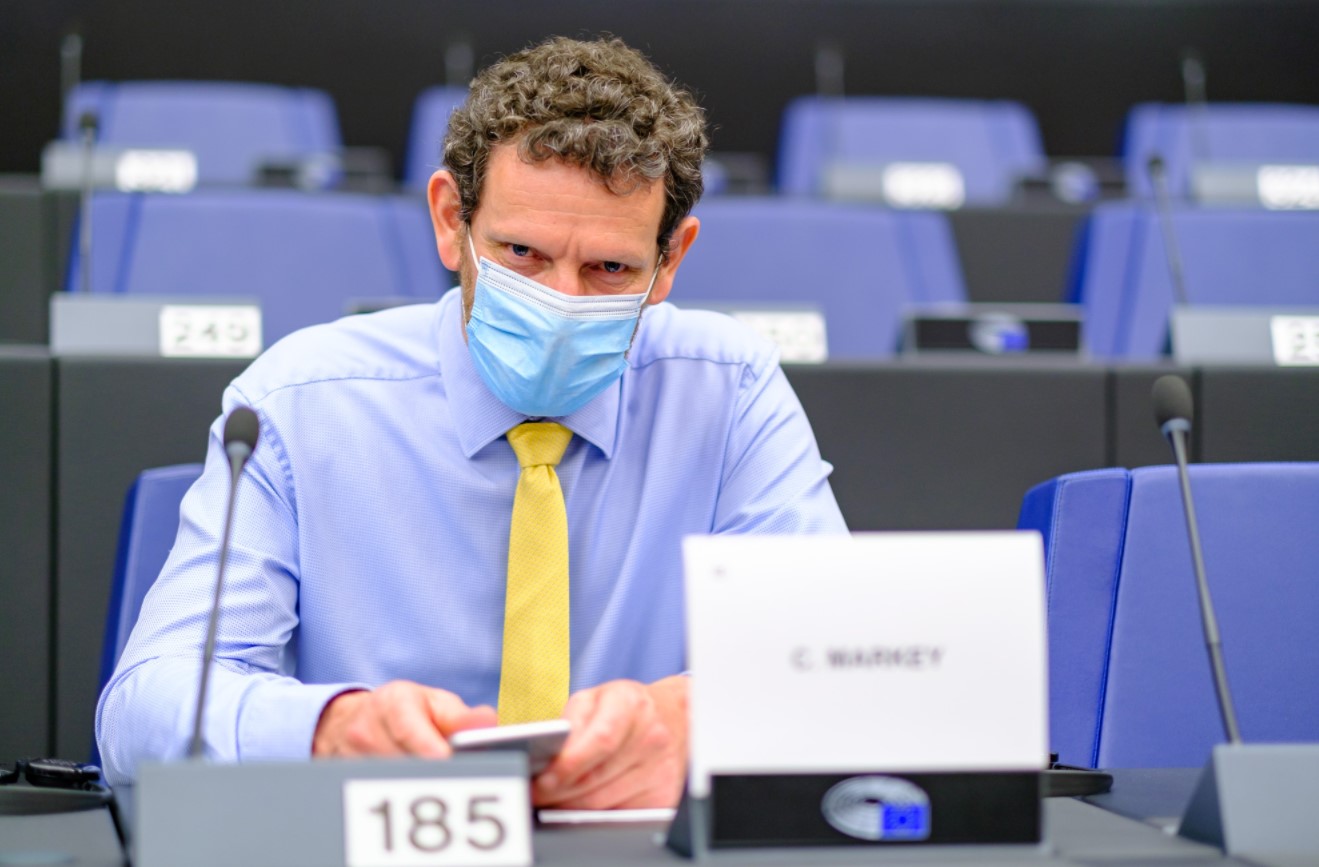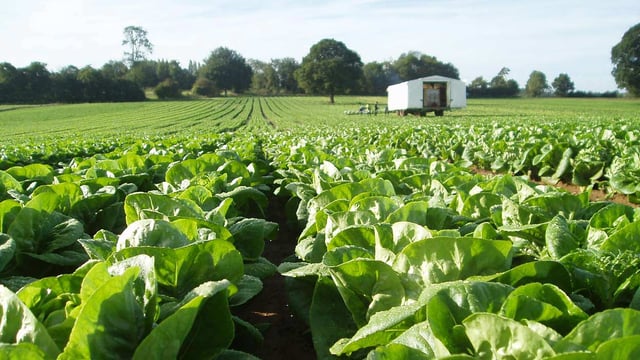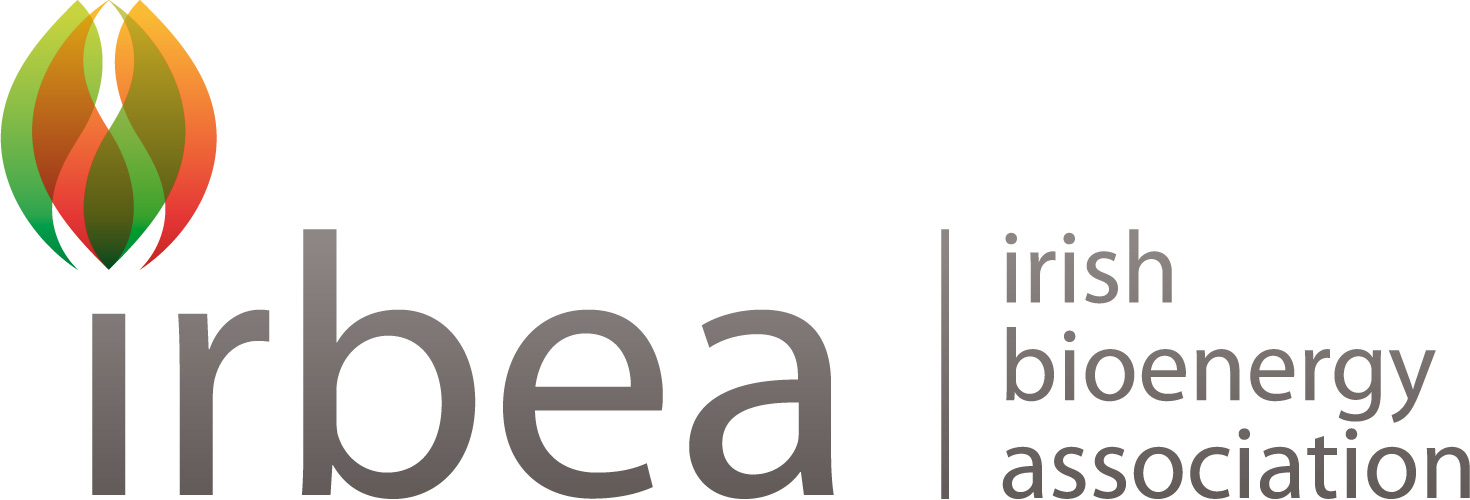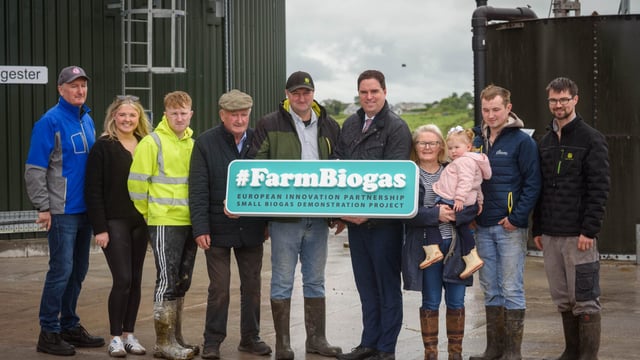CAP: Irish MEPs weigh in on the farm-reform package
After a lengthy legislative process, members of the European Parliament (MEPs) finally had the opportunity to vote on reform of the Common Agricultural Policy today, and it was approved by a decent majority.
Agriland heard from three Irish MEPs who voted in favour of the reform that will take effect in 2023, and why.
The three MEPs are:
Luke 'Ming' Flanagan - one of eight shadow rapporteurs on the CAP strategic plan regulation - said he voted in favour of the CAP reform 'reluctantly'.
"But it is money in farmers' pockets - the people I represent - so, for that reason, it is a positive," he said.
"We could have gone so much further, we could have done so much better. But even still, I voted for it and the reason I did is because the alternative is far, far worse.
"When it comes to the production of agricultural products, this now includes paludaculture [wet agriculture and forestry on peatlands].
"As someone who lives in a place where every road out of our town is either a bog or some form of a wetland, and we have to do something to change the way we treat those lands, the best way to do that is hand in hand with food production, and paludaculture is the best way to acheieve that.
"If I voted against this because we didn't get 100% convergence, then we would go back to the status quo of 60%.
"By voting for this, it means that someone on a 30ha holding will see their payment rise from about €5,000 up to €8,000 between now and the end of the next CAP," he said.
Billy Kelleher said if this CAP reform was not passed, it would have caused uncertainty for a number of years - this wasn't an option.
"Clearly, there are elements that will cause difficulties for certain sections of farming in Ireland," he said.
He pointed out that CAP must now also be considered alongside other strategies such as Farm to Fork and Biodiversity.
But he said he was satisfied with the measures proposed.
"The government increasing its commitment to agriculture -particularly matching funding in Pillar I so that they can increase the eco schemes - is something that I welcome.
He said he hoped that the CAP consultative process will highlight some of the areas of difficulty for farmers and that they will be addressed.
"Farming is going through a significant challenge in adjusting from what we were asked to do for many years, which was to increase production and ensure there was a stable food supply for the European population. That has changed," he said.
And now, most of the CAP policies, and policies in general are viewed through an environmental prism.
Colm Markey said that the national CAP strategic plans are key now in ensuring that the overall CAP plan will work for Irish farmers.
There is a lot of work still to be done in that area, particularly with the eco schemes," he said.
He said the "less extensive" farmers who have been the "engine room of the agricultural economy" over the last number of years must be better catered for in this regard.
The definition of an eligible hectare is a welcome addition, he said.
"In the past, people with small bits of scrubland which they were leaving for biodiversity and wildlife, were being pushed by CAP to remove it or they would be penalised. That is one thing that is very important."
The focus on women in farming, with female-specific knowledge-transfer groups, and a higher rate of 60% grant aid under the Targeted Agricultural Modernisation Scheme, is also a positive to be welcomed, he said.
Convergence will create winners and losers, and those whose viability is being threatened must be supported, he said.
"Convergence isn't just about big farmers. So we need to be conscious of our rate of convergence. Those who win are improving their situation, while those who lose out, it could challenge their viability, and in many cases these are small farmers.
All three MEPs were partaking in an online press briefing.

